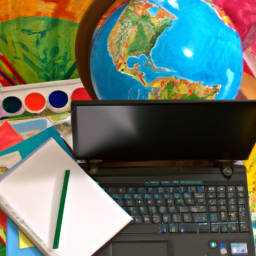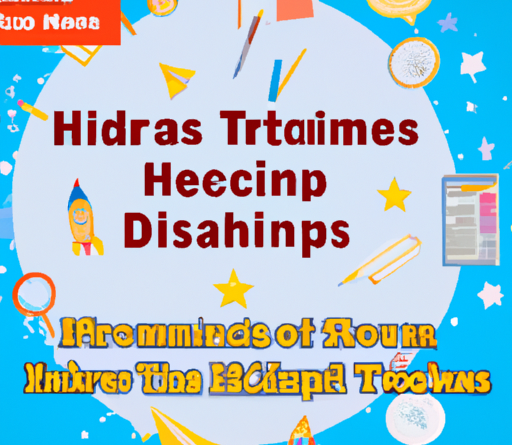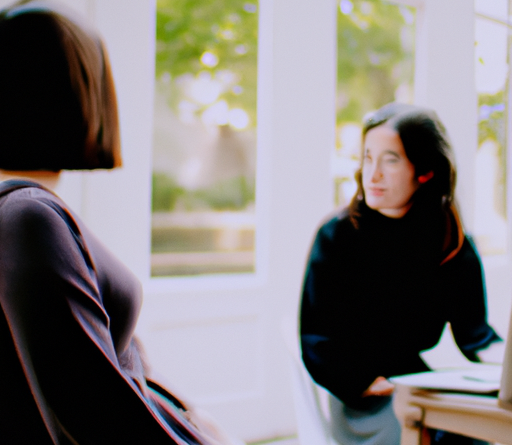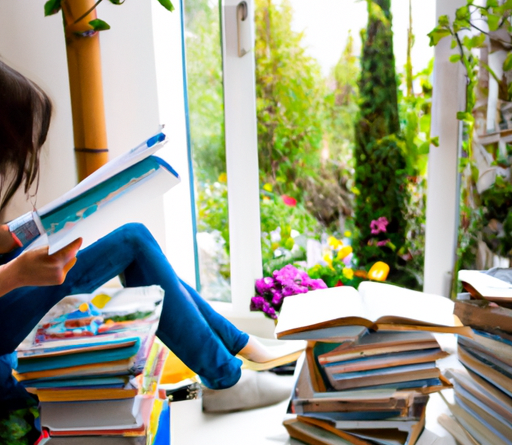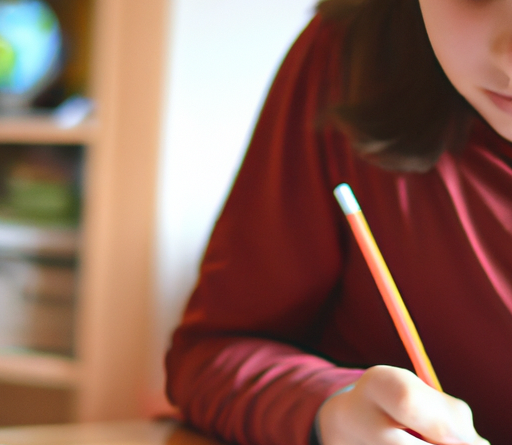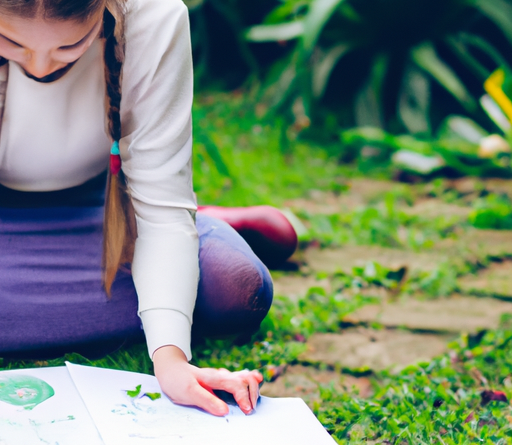When looking to start home educating, a group I came across early on was called Single Parent Home Education UK.
I was reading all the posts in there going back months and came across the very familiar…. I don’t know where to start.
One of the admins Pip Lane had shared this answer and I am sharing that with you today because its awesome!
Enjoy…….
I Don’t Know Where To Start!
Is the most common comment for people just starting out in home education.
Rest assured – those of us who once stood in your shoes didn’t either!
This is a whole new (possibly a bit scary) world.
So, after you have talked to lots of home edders – nationally and locally – got your information about the different ways of ‘doing’ HE – bet you didn’t realise that we all do it so differently! – you aren’t much clearer?
Talk to your child.
Even young ones can tell you what they like (and don’t), what floats their boat and what they’d like to try, the direction they’d like to go.
Map it out on a bit of paper. Get them to tell you their strengths and what they’d like to make better.
Ask them for their ideas on how you can both achieve this. This bit can be hard – for children coming out of school, many haven’t had this input into their own learning – they have been told what to learn, when to learn, how to learn it and a timeframe.
Be patient. You can revisit, reflect and rejig this bit as much as you like.
You are the facilitator.
So time to think creatively – how can you put these things in motion? Be patient – it can take time to find a way that suits you all.
Observe your child.
How best do they learn? Some children love workbooks and sheets, some don’t find them helpful at all (anything like my child who appeared to shrivel and dissolve at the thought of a workbook or sheet), perhaps your child prefers online programmes, some children excel with hands-on learning and so on.
There is lots of educational value in board games – scrabble, monopoly, Cluedo, card and dice games etc. Counting, reasoning, critical thinking for instance.
Cooking – there is Maths, English and science.
Singing and dancing, reading together, exploring art, going geocaching or pokemon searching, reading together, watching the news or a documentary and discussing, planning a journey (using a map, working out time, speed, costs), getting your child to understand why chores are done, looking at your body response to being hungry or exercise.
There is so much learning in everyday things.
Just try not to turn it into a ‘test’. Heck get them old toasters or washing machines off free sites and let them take it apart to see how it all works, give them some wood and get them to build a bird table.
Get out and about – groups may not be able to meet but you can still meet up (socially distanced), many local attractions would be grateful for your visit, go on a nature or beach walk – see what you can see – why is this and other happening in our environment.
Just take it slow and easy.
Don’t be afraid to ditch something if it’s not working – that is a learning experience too, have fun with it and if you don’t know something – that is ok – say so and say let’s find that out together.
It can take some time to find what works for you and yours. Be patient.
One day you suddenly realise you are ‘doing it’ and passing on your experiences to someone saying ‘where do I start’.
It’s whatever works for your family, there is no one set or right way.
We all have bad days/periods – that’s ok. We all need a breather at times – that’s ok. No one is more invested in your child than you – so be kind to yourself.


